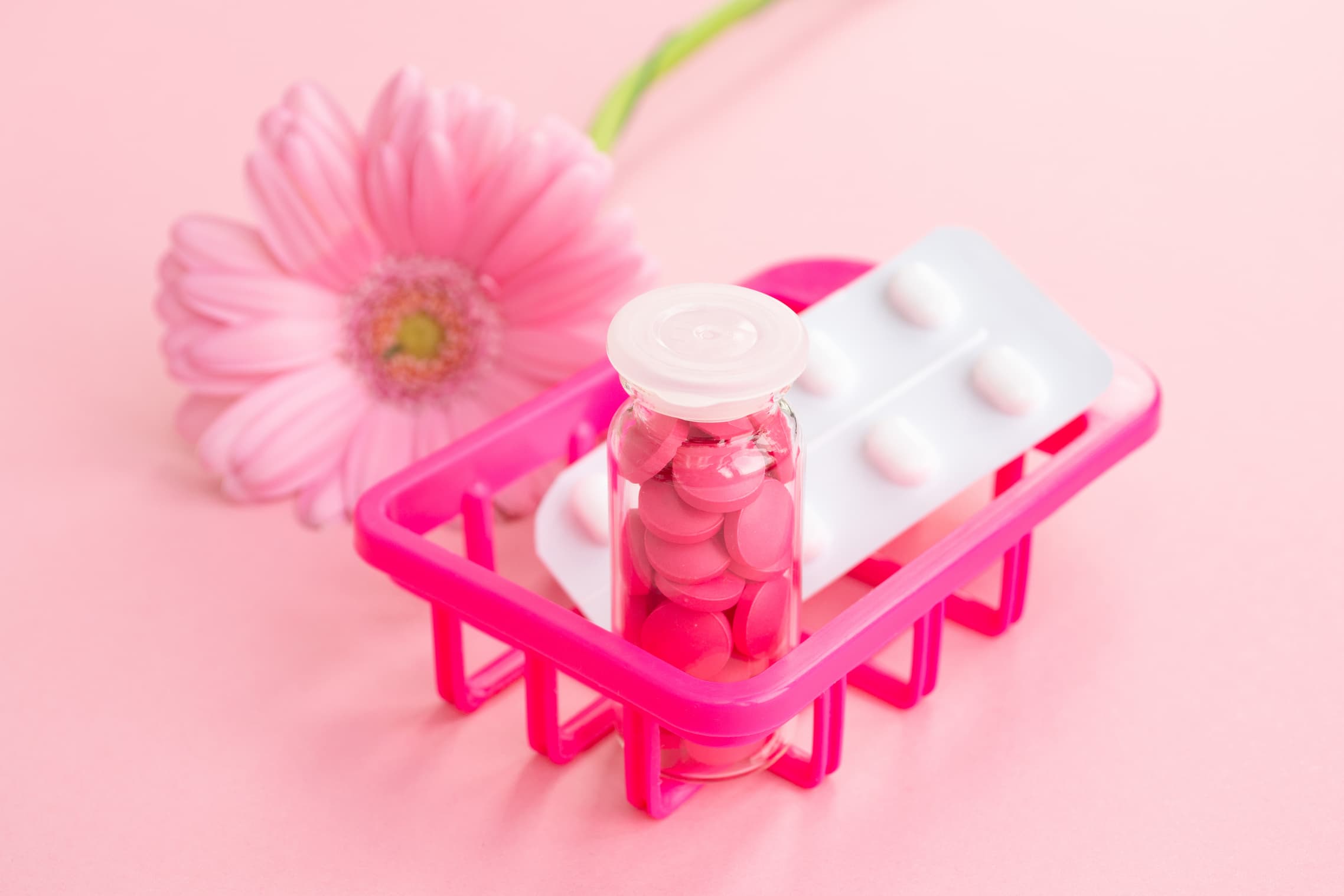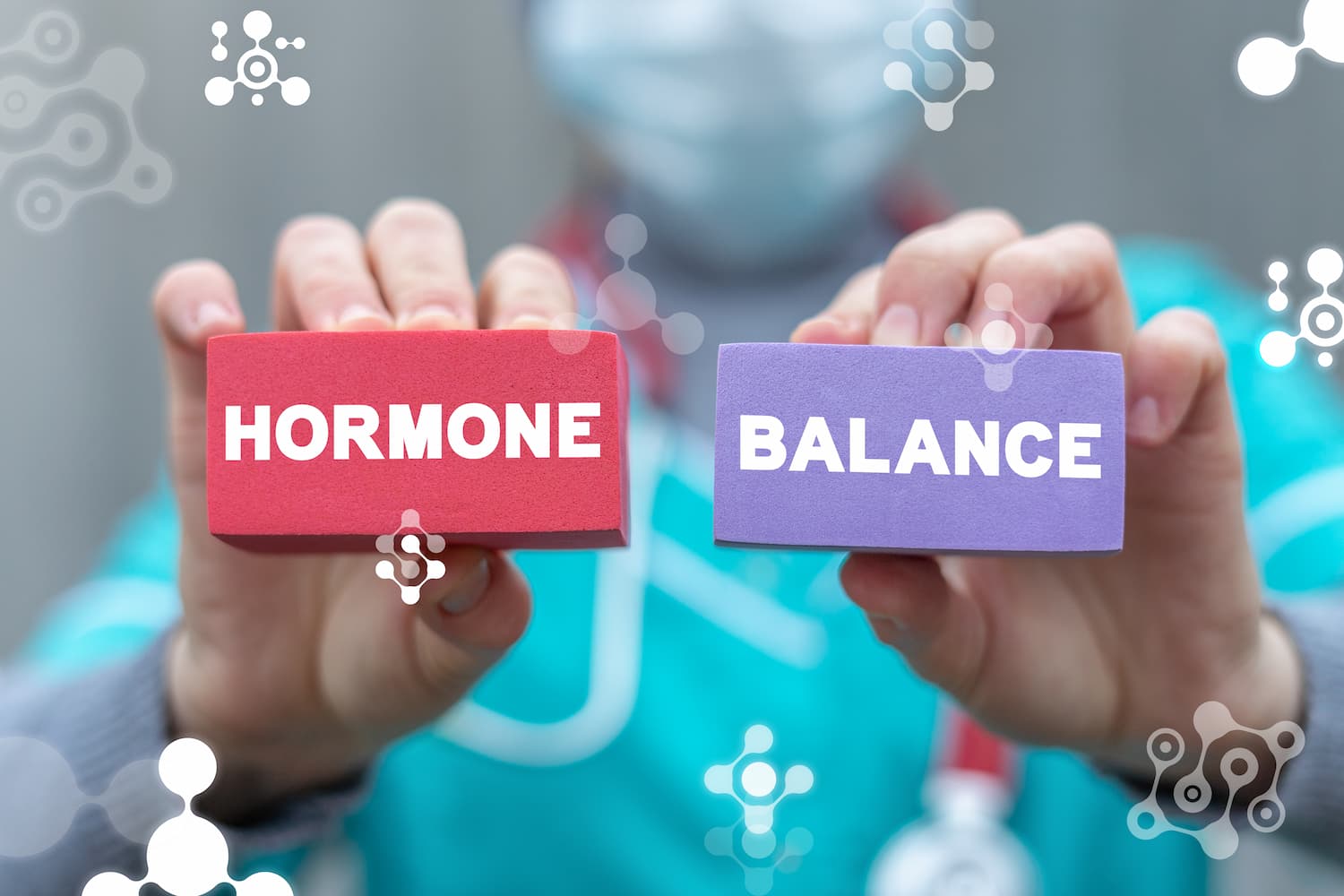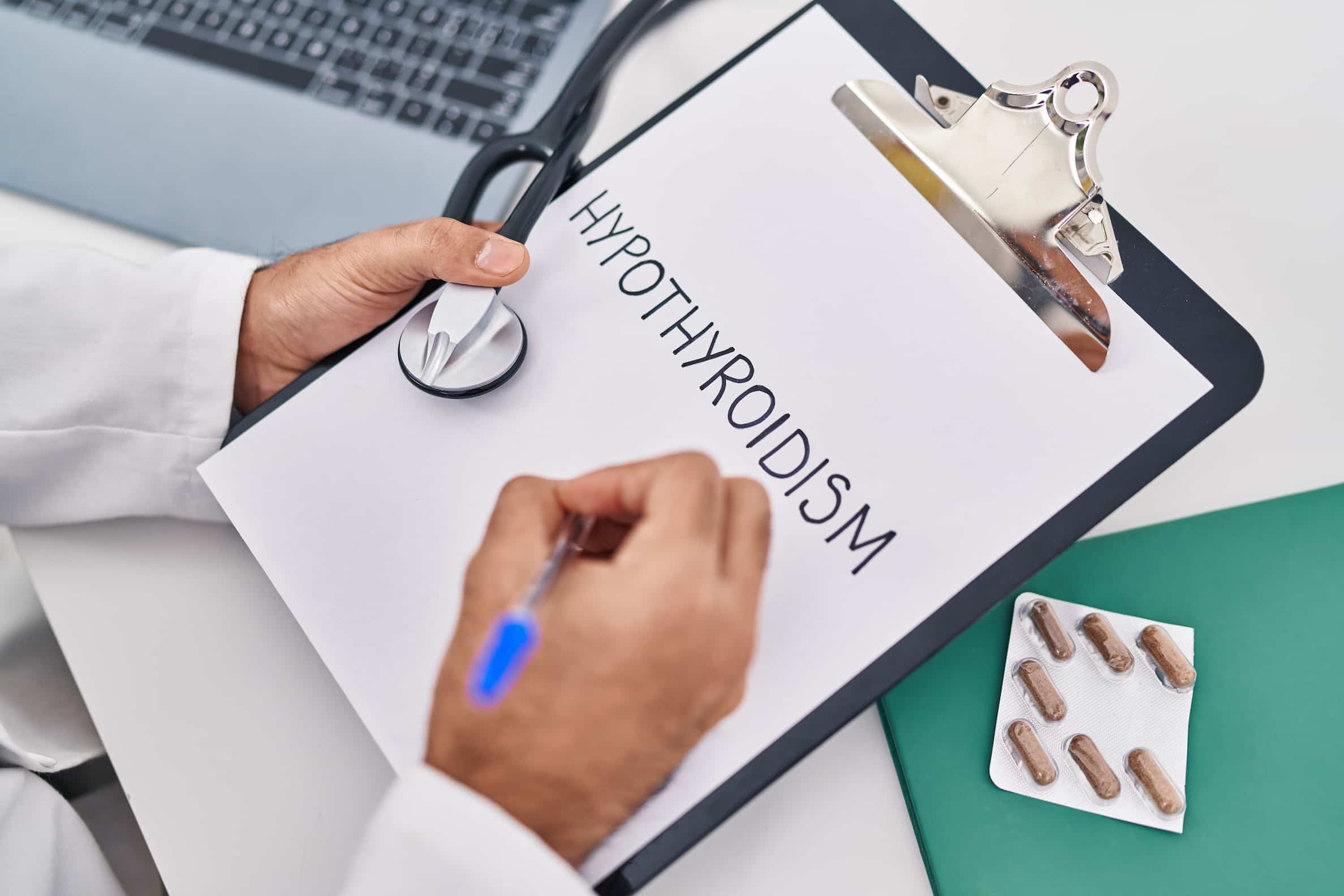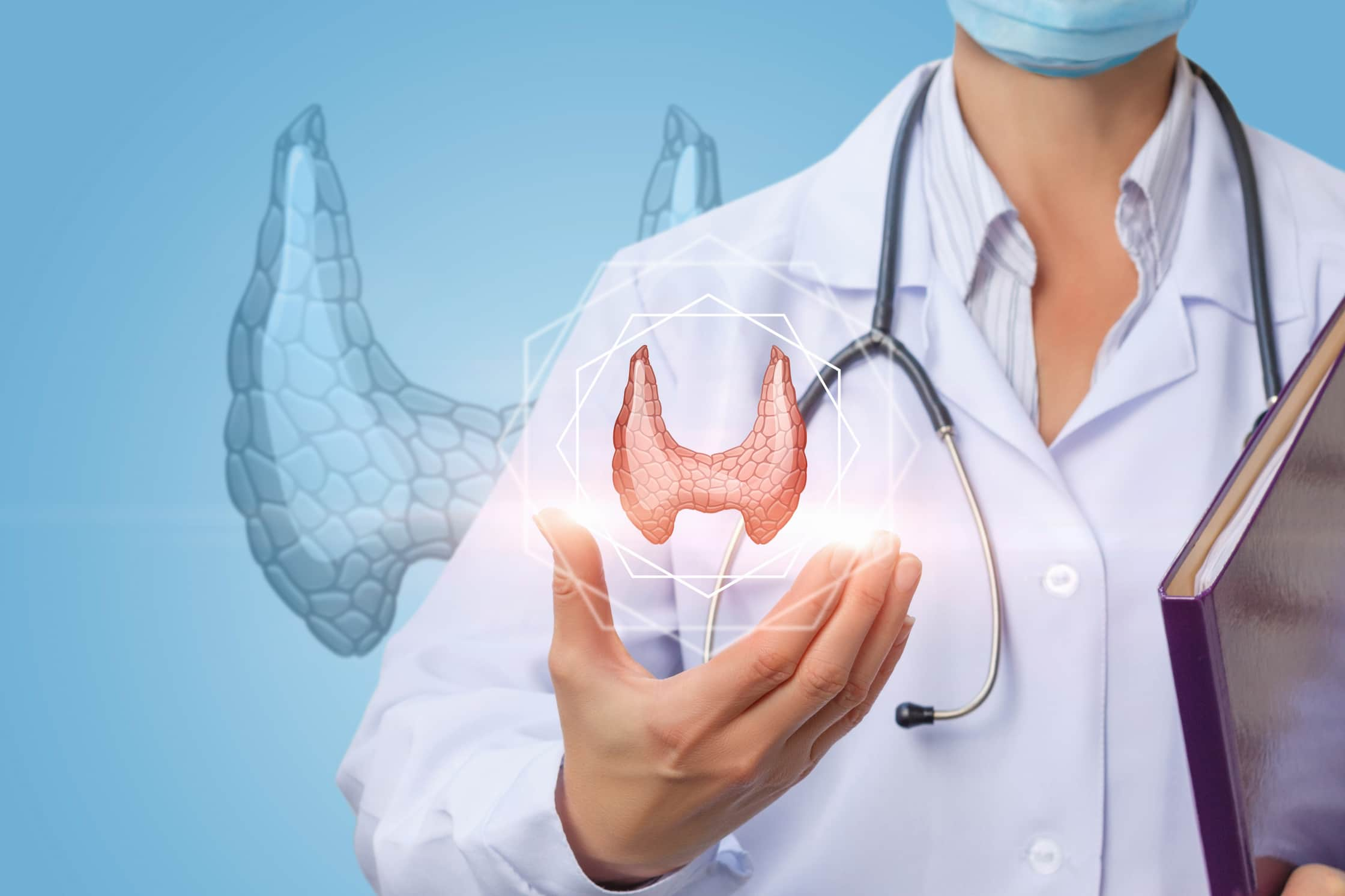
Vitamins for Hormonal Imbalance
Hormonal imbalances can cause a range of symptoms, including mood swings, weight gain, fatigue, and more. Hormones play a vital role in the body’s functions, and any imbalance can disrupt this delicate balance. While there are several prescription medications available to treat hormonal imbalances, natural solutions like vitamins can also help balance hormones. In this article, we’ll discuss the best vitamins for hormonal imbalance and how to use them.
What Is Hormonal Imbalance?
Hormonal imbalance occurs when there is an excess or deficiency of a hormone in the body. Hormones are chemical messengers that regulate several bodily functions, including metabolism, mood, and reproduction. The endocrine system produces and releases hormones, and any dysfunction in this system can cause hormonal imbalances. Hormonal imbalances can occur due to several reasons, including stress, pregnancy, menopause, and medications.
Common symptoms of hormonal imbalance include:
Fatigue
Mood swings
Weight loss or gain
Irregular periods
Acne
Reduced sex drive
Hair loss
Infertility
While hormonal imbalances are a common occurrence, they can be managed with lifestyle changes, medications, and natural remedies like vitamins.
Vitamin Types for Hormone Balance
Vitamins are essential nutrients that the body needs to function correctly. They play a vital role in several bodily functions, including the production of hormones. The following vitamins can help balance hormones naturally:

Vitamin D
Vitamin D is a fat-soluble vitamin that plays a crucial role in maintaining healthy bones and teeth . However, recent studies have shown that vitamin D may also play a role in regulating hormones. Vitamin D deficiency has been linked to several hormonal imbalances, including low testosterone levels in men and irregular menstrual cycles in women.
The best form of vitamin D for hormonal imbalance is vitamin D3. This is the most active form of vitamin D and is more potent than other forms. Vitamin D3 can be obtained through exposure to sunlight or through supplements.
Vitamin B6
Vitamin B6 is a water-soluble vitamin that helps the body produce neurotransmitters like serotonin and norepinephrine. These neurotransmitters play a crucial role in mood regulation, and a deficiency in vitamin B6 can cause mood swings, anxiety, and depression. Vitamin B6 can also help regulate estrogen levels in women, making it an ideal vitamin for hormonal balance.
Vitamin B6 can be found in several foods, including chickpeas, bananas, salmon, and potatoes. However, it can also be taken as a supplement.
Vitamin E
Vitamin E is a fat-soluble vitamin that has antioxidant properties. It helps protect the body from damage caused by free radicals, which can cause several health problems. Vitamin E can also help regulate estrogen levels in women, making it an ideal vitamin for hormonal balance.
Vitamin E can be found in several foods, including almonds, spinach, avocado, and sweet potatoes. However, it can also be taken as a supplement.
Vitamins to Increase Estrogen Levels
Estrogen is a hormone that plays a crucial role in women’s reproductive health. It is responsible for the development of secondary sexual characteristics, including breasts and hips, and regulates the menstrual cycle. An estrogen deficiency can cause several health problems, including irregular periods, hot flashes, and vaginal dryness. The following vitamins can help increase estrogen levels naturally:
Vitamin C: Vitamin C is a water-soluble vitamin that has several health benefits. It is a powerful antioxidant that helps protect the body from free radicals. Vitamin C also helps increase estrogen levels in women, making it an ideal vitamin for hormonal balance. Vitamin C can be found in several foods, including oranges, strawberries, kiwi, and broccoli. It can also be taken as a supplement.
Vitamin D: As mentioned earlier, vitamin D plays a crucial role in regulating hormones, including estrogen. Studies have shown that vitamin D deficiency can cause low estrogen levels in women, leading to several health problems. The best form of vitamin D for hormonal imbalance is vitamin D3, as mentioned earlier.
Vitamin B12: Vitamin B12 is a water-soluble vitamin that helps the body produce red blood cells and DNA. It also plays a crucial role in maintaining healthy nerve cells. Vitamin B12 deficiency can cause several health problems, including fatigue, depression, and memory problems. However, studies have shown that vitamin B12 can also help increase estrogen levels in women. Vitamin B12 can be found in several foods, including meat, fish, dairy products, and eggs. It can also be taken as a supplement.
Hormone Balancing Supplements
In addition to vitamins, several supplements can help balance hormones naturally. These supplements are formulated with natural ingredients and can help regulate hormonal imbalances. The following supplements are ideal for hormonal balance:
Maca root is a herb that is native to Peru. It has been used for centuries to treat hormonal imbalances and infertility. Maca root contains several nutrients, including amino acids, vitamins, and minerals, that can help balance hormones naturally.
Evening primrose oil is a supplement that is extracted from the seeds of the evening primrose plant. It contains gamma-linolenic acid (GLA), an essential fatty acid that can help regulate hormonal imbalances. Evening primrose oil is often used to treat PMS symptoms, including breast pain and mood swings.
Black cohosh is a herb that is native to North America. It contains several compounds that can help regulate hormonal imbalances, including estrogen-like compounds. Black cohosh is often used to treat menopause symptoms, including hot flashes and night sweats.
Ashwagandha is an adaptogenic herb that can help the body manage stress. It can also help balance hormones by regulating the production of cortisol, a hormone produced by the adrenal glands. High cortisol levels can cause several hormonal imbalances, including insulin resistance, thyroid dysfunction, and low testosterone levels.
Magnesium is a mineral that plays a crucial role in several bodily functions, including regulating hormones. It can help reduce symptoms of PMS, including mood swings, cramps, and bloating. Magnesium can also help regulate insulin levels, which can affect hormone production. Magnesium can be found in several foods, including spinach, almonds, and dark chocolate. It can also be taken as a supplement.
The Study of Vitamins For Hormonal Imbalance
A recent study published in the Journal of Endocrinology explored the impact of vitamin B6 supplementation on hormone regulation in women with premenstrual syndrome (PMS). The study found that vitamin B6 supplementation significantly reduced PMS symptoms, including mood swings, anxiety, and depression, by helping to regulate estrogen levels. This research provides valuable insights into the role of vitamin B6 in hormonal balance and its potential as a natural remedy for hormone-related mood disturbances in women.
Conclusion
Hormonal imbalances can cause several symptoms and affect the body’s functions. While prescription medications are available to treat hormonal imbalances, natural solutions like vitamins and supplements can also help balance hormones. The vitamins and supplements listed above can help regulate hormone production and reduce the symptoms of hormonal imbalances. However, it’s essential to talk to a healthcare provider before taking any supplements or making significant lifestyle changes. You can get help from the specialists at Healthy Türkiye about vitamins for hormonal imbalance at any time.




